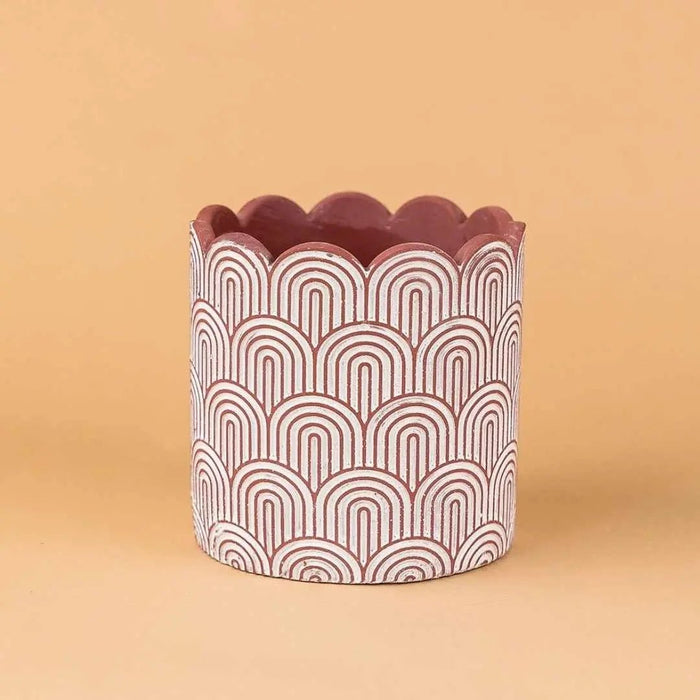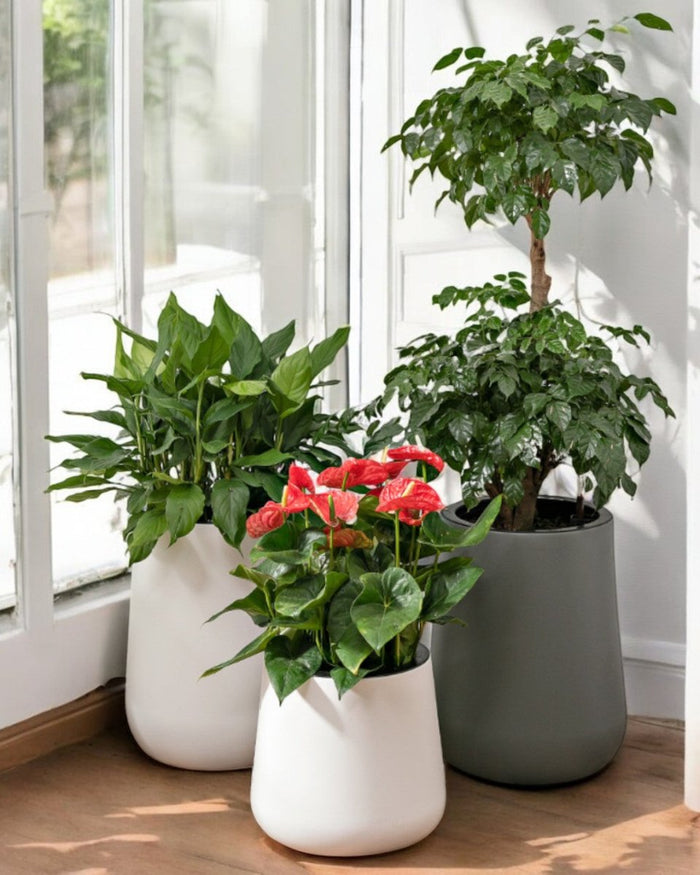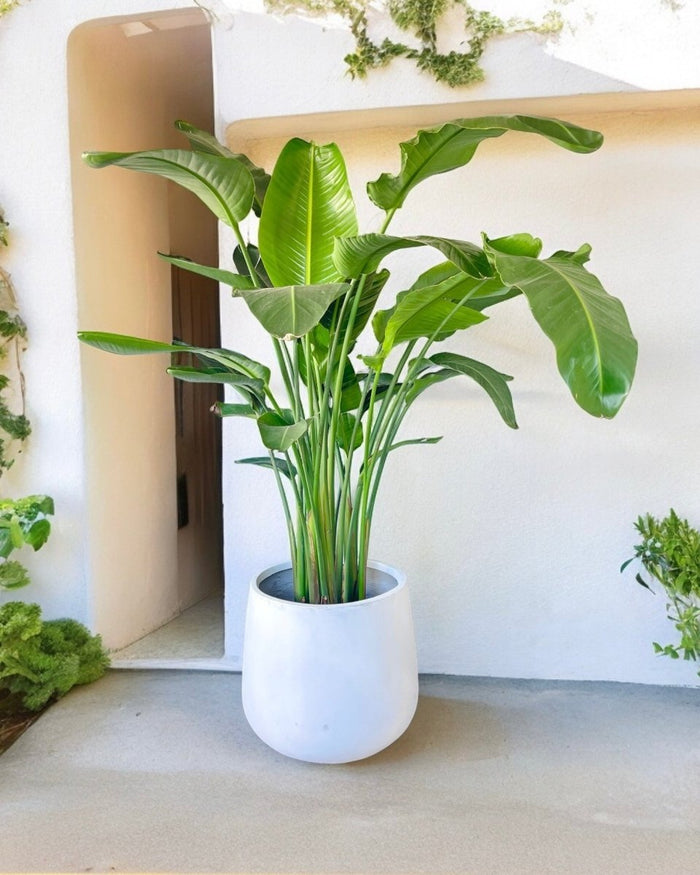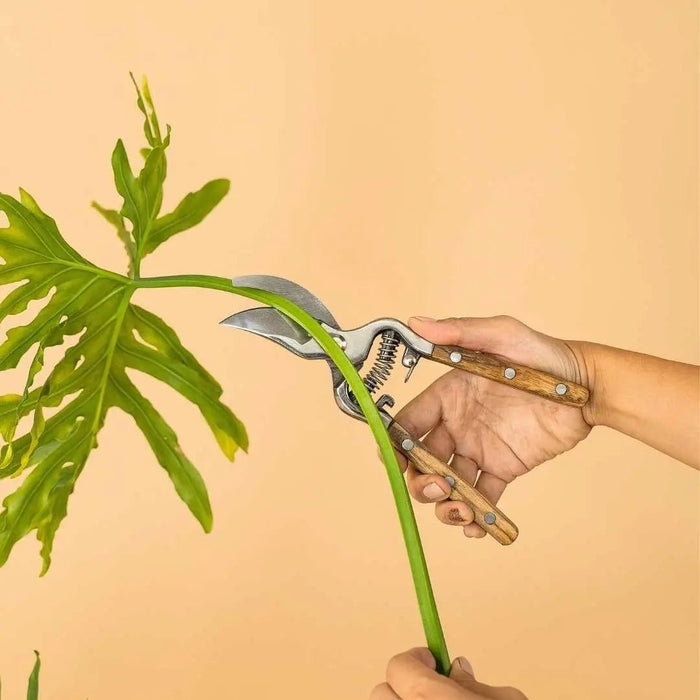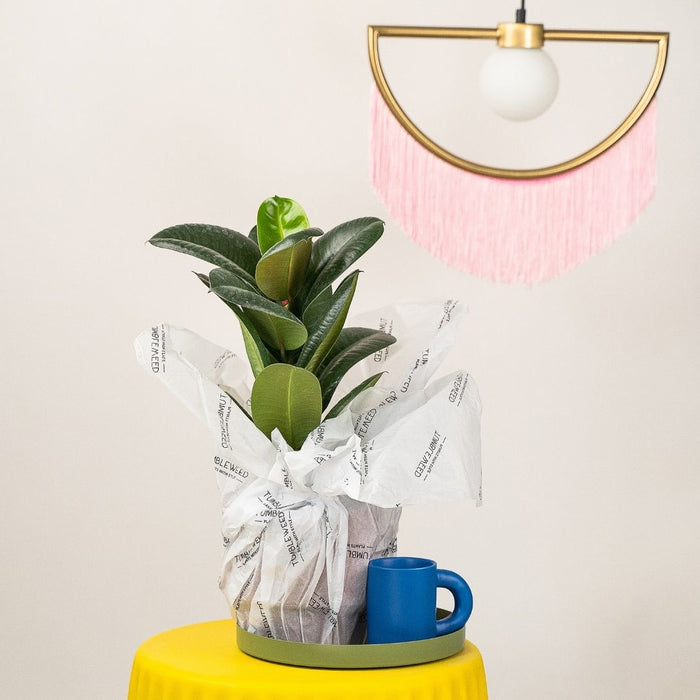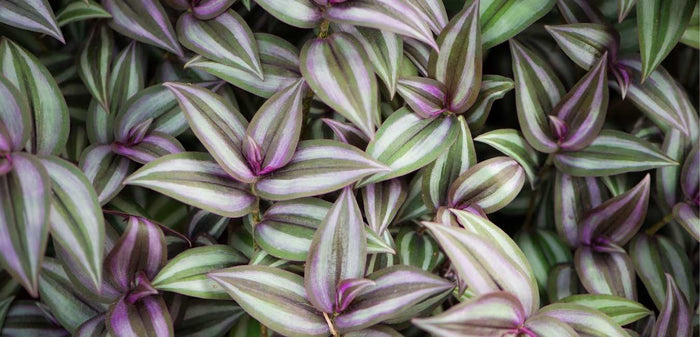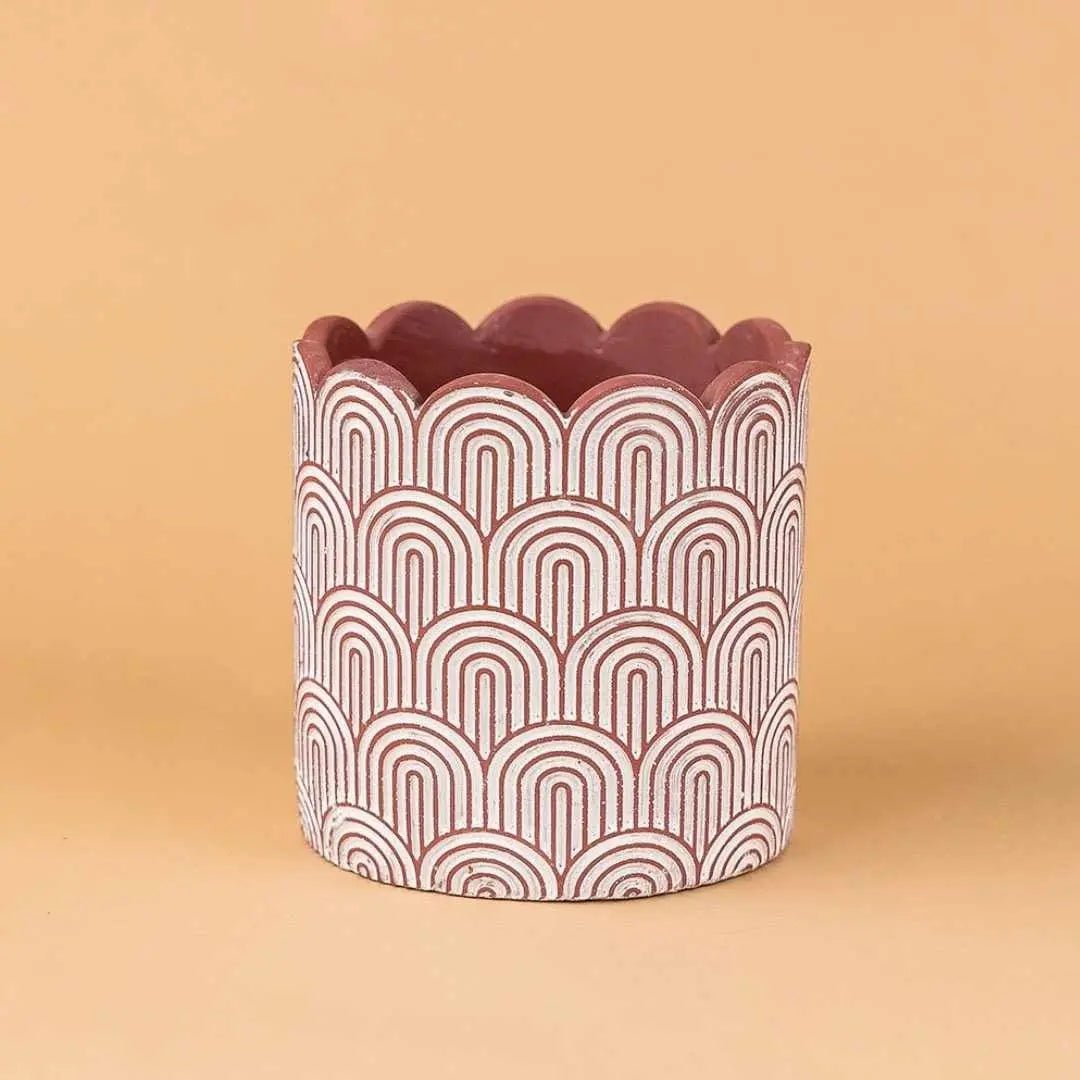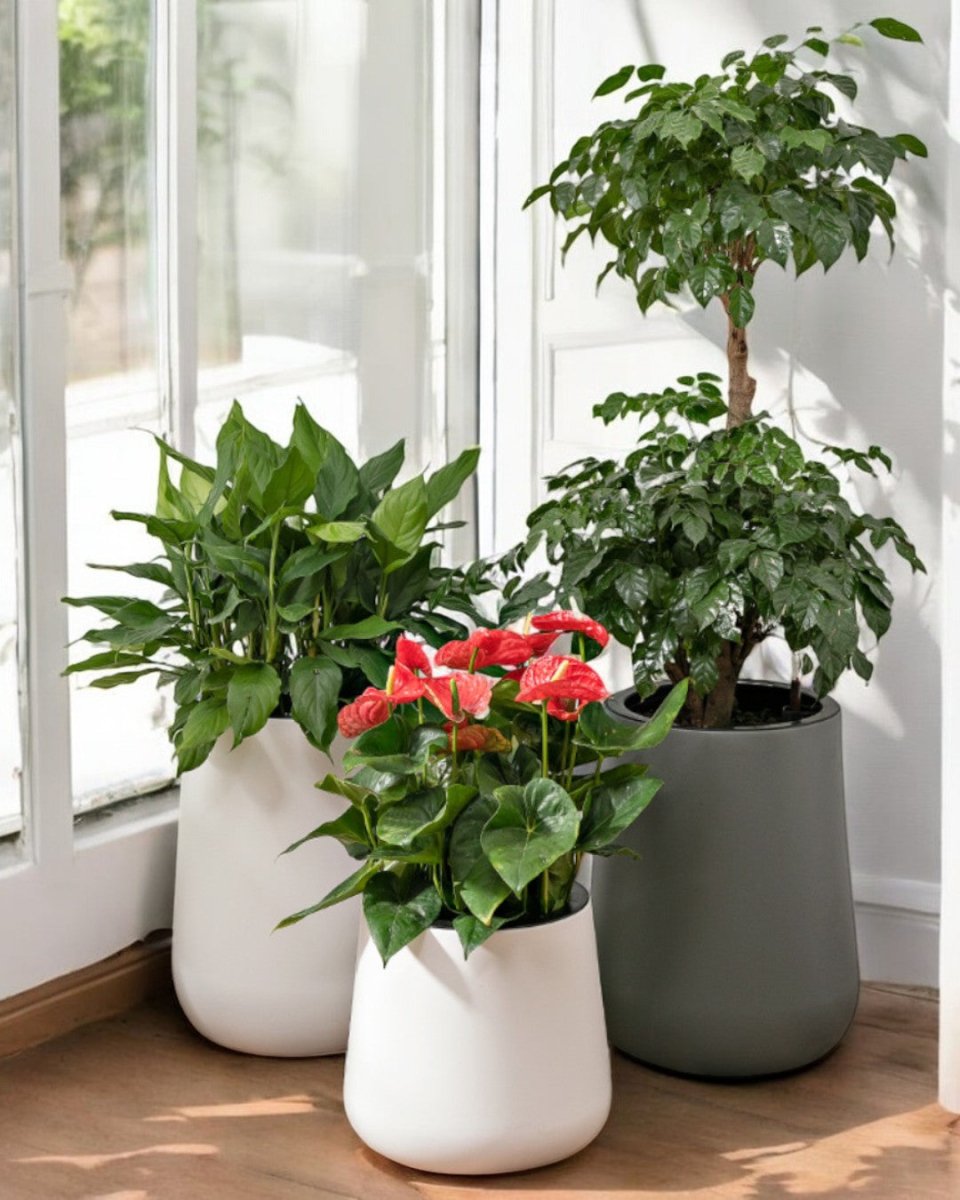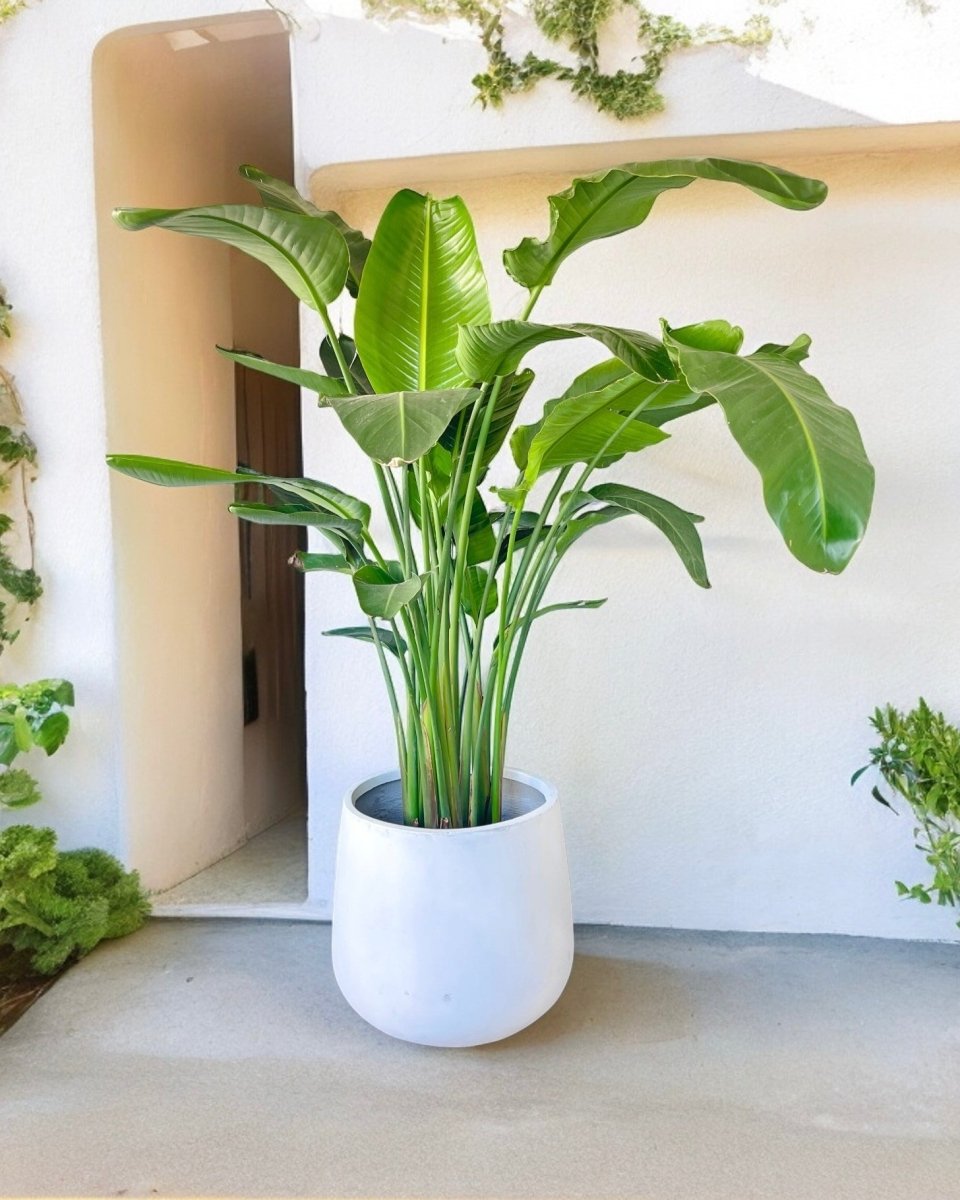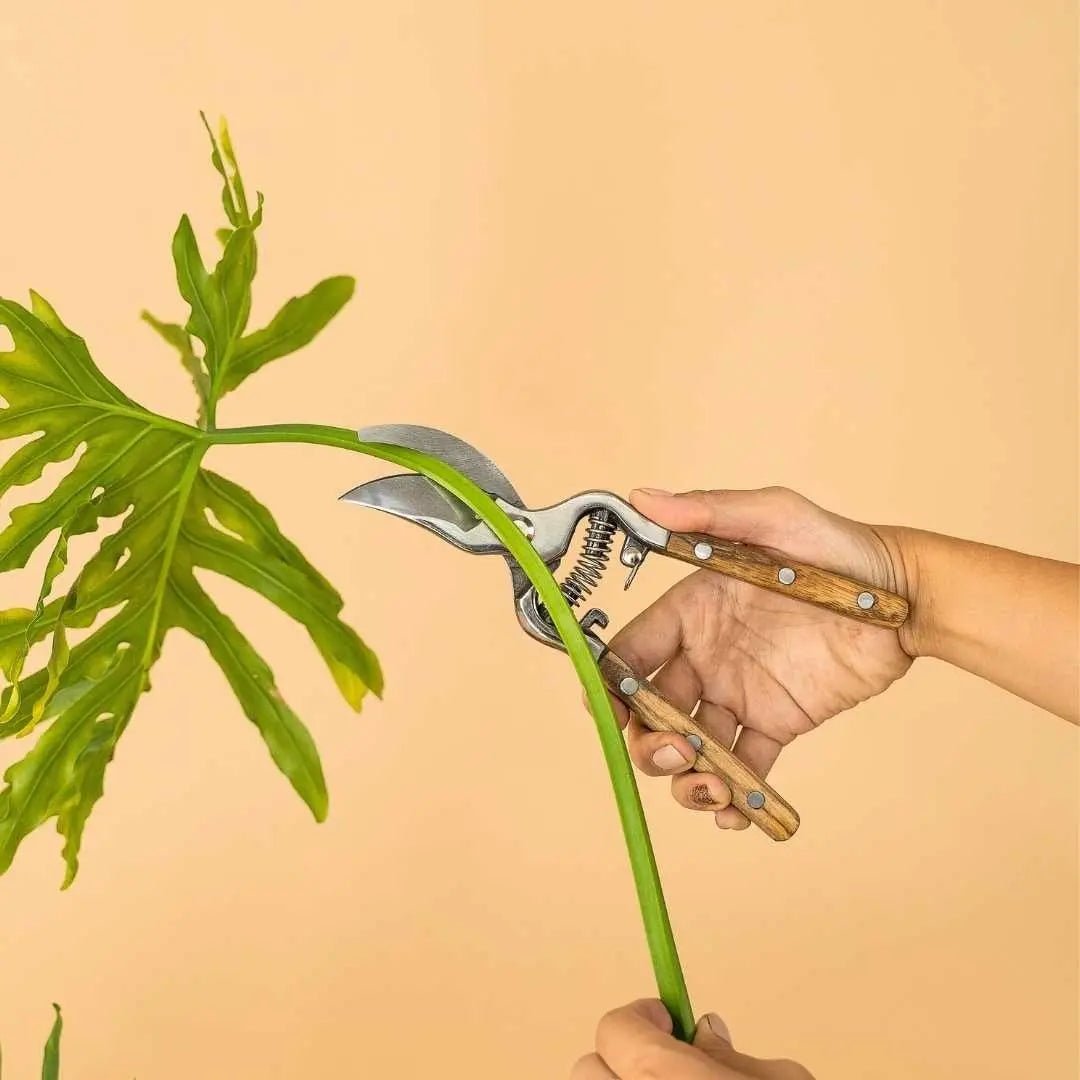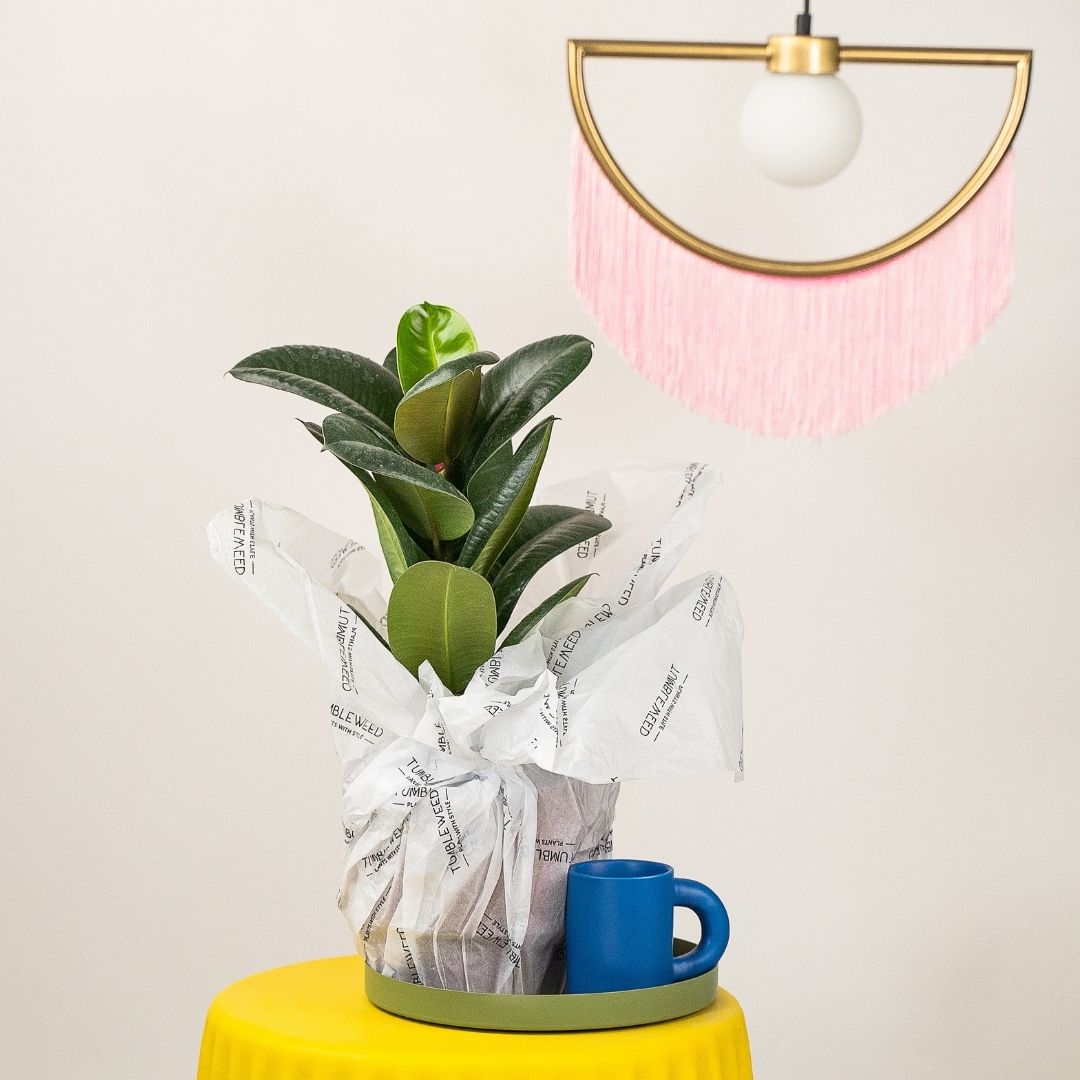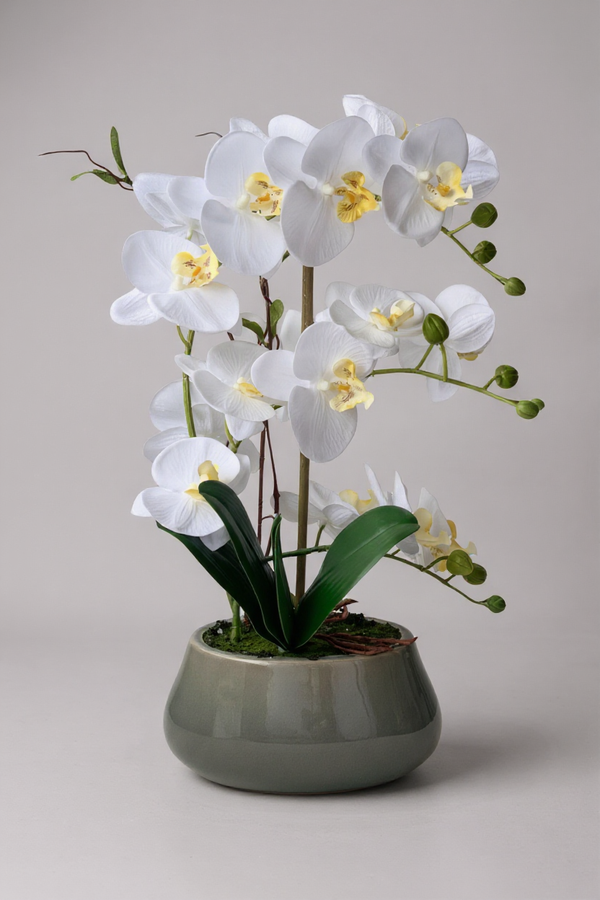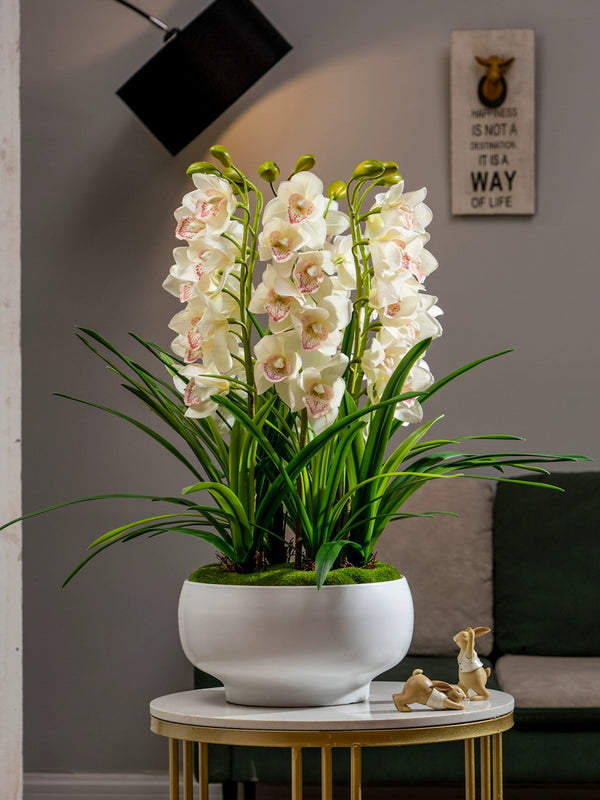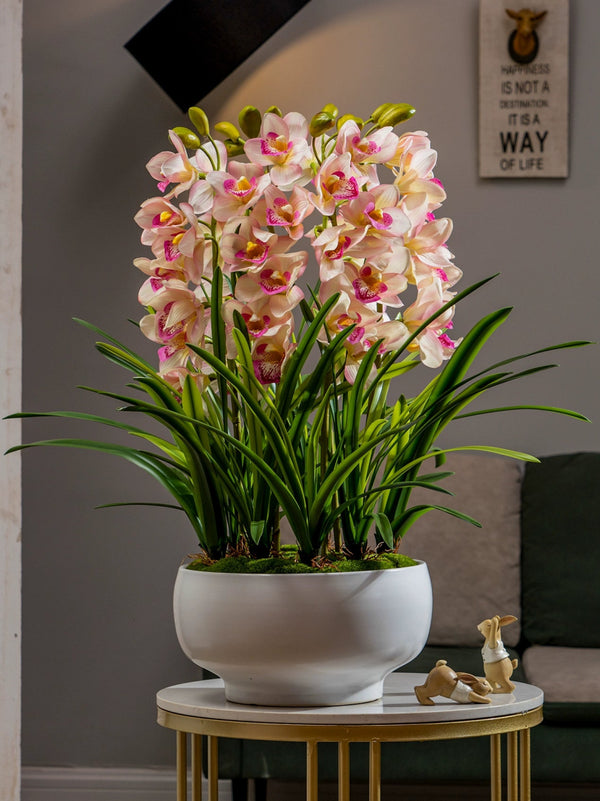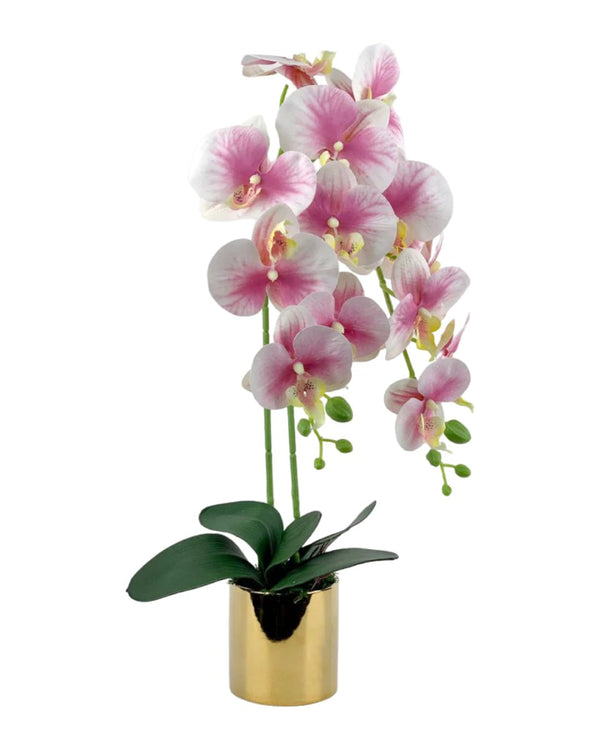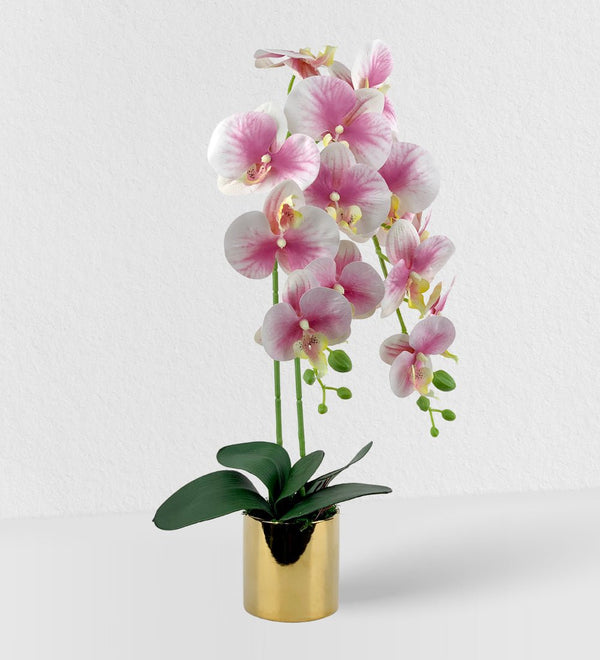General Care Guide for Orchids
Orchids prefer bright, indirect light. They thrive in temperatures between 65-80°F (18-27°C) during the day, with cooler nighttime temperatures helping stimulate flowering.
Orchids need consistent but moderate watering, allowing the roots to dry slightly between waterings. High humidity (50-70%) is ideal, and misting the air around the plant can help maintain moisture levels.
Use a special orchid mix with bark or sphagnum moss for good drainage. Orchids should be repotted every 1-2 years, usually after flowering, to refresh the growing medium.
Orchids are typically propagated through division of the root ball, though some species can be propagated through keikis (baby plants that grow on stems).
Feed orchids with a balanced fertilizer, diluted to half-strength, every 2-4 weeks during the growing season. Avoid over-fertilizing, as orchids are sensitive to salt buildup.
Most orchids are non-toxic to pets and humans, making them safe to grow in homes with animals and children.
Yellow leaves may indicate overwatering, while pests like scale, mealybugs, or spider mites can affect plant health. Regularly inspect orchids and ensure proper airflow to prevent rot and pest infestations.



